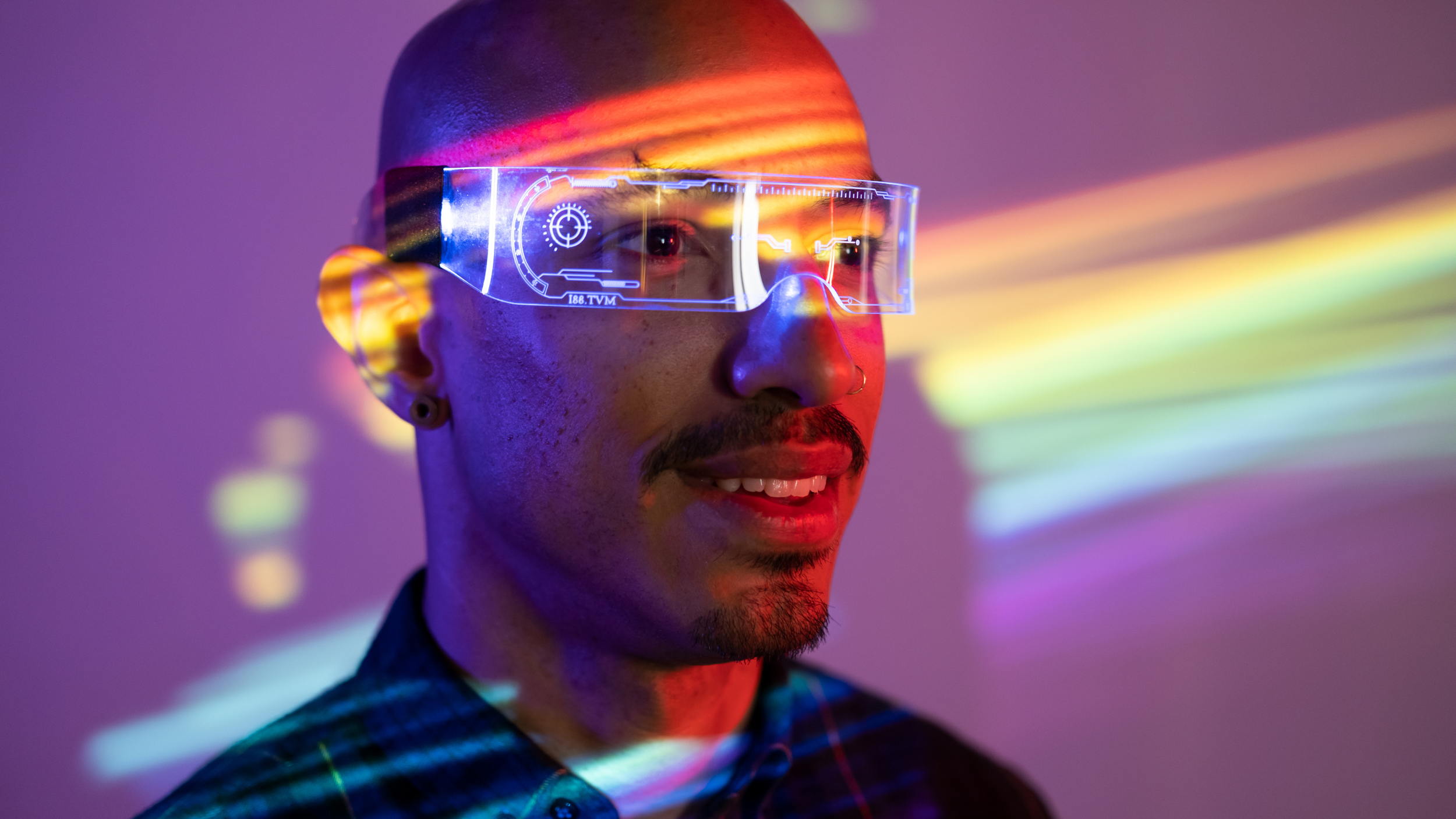Our Brain Cannot Differentiate Between Imagination and Reality
Our brain possesses an incredible ability that often goes unnoticed. Did you know that your imagination alone can influence reality? It might sound hard to believe, but a few examples will quickly convince you of this fascinating truth.
1. Your Body Reacts to Imagination Alone
Think about a lemon. Imagine slicing it in half, its juice dripping out, and the sour taste hitting your tongue. You’ll find yourself salivating, even though you haven’t actually seen or tasted a lemon. This happens because your brain cannot differentiate between imagination and reality.
2. Why Does Virtual Reality (VR) Feel So Immersive?
Have you ever tried a VR headset and walked through a simulation of a high-altitude path? Even though you know it’s just a simulation, your legs might tremble, and your palms might sweat from the fear of heights. Your brain doesn’t recognize that it’s not real and reacts as if it were.
3. Why Do Movies Make Us Cry?
Think about the last time you watched a sad movie or a thrilling suspense. Even though you know the story is fictional, you might have teared up or felt your heart race. Your brain processes the emotions on the screen as if they were happening in real life, activating real emotional responses.
4. How Does the Placebo Effect Work?
People often experience real symptom relief after taking a placebo—a pill with no active ingredients. This happens because the brain believes, "This medicine will help me," and that belief triggers real physical changes in the body.
5. Muscles React to Imaginary Exercise
Studies have shown that simply imagining a specific exercise can lead to increased electrical activity in the corresponding muscles. Even without physical movement, your brain sends signals to your body as if you were exercising.
6. Dreams Leave Real Traces
Have you ever woken up from a dream where you were running or falling, only to feel your heart racing or your muscles tense? Your brain processes the dream as if it were an actual experience, triggering real physical responses.
7. Mirror Neurons and Empathy
When you see someone in pain or imagine their suffering, you might feel it yourself. This is because your brain’s mirror neurons activate, causing you to experience their pain as if it were your own.
Using This Principle for Goal Setting
I use this principle to set and achieve my goals. Let me repeat this: Our brain cannot distinguish between imagination and reality. This powerful trait can lead to extraordinary results when applied to goal setting and habit formation.
How to Apply It
Visualize Your Goals
Begin by imagining your goal vividly. Picture yourself achieving it, down to the smallest detail.Revisit Your Vision Daily
Think about your goal every single day. Say it out loud, visualize it, and let your brain become familiar with the idea of success.Take Small Actions
Translate that visualization into small, consistent actions. Each step builds momentum and reinforces your belief.
Convince Your Brain, Change Your Reality
Your brain is your greatest tool. By repeatedly imagining and taking steps toward your goal, you can "trick" your brain into making it your reality.
Start now. Visualize your goals clearly and act on them daily. Your brain will eventually accept your vision as reality—and help you turn it into one.

